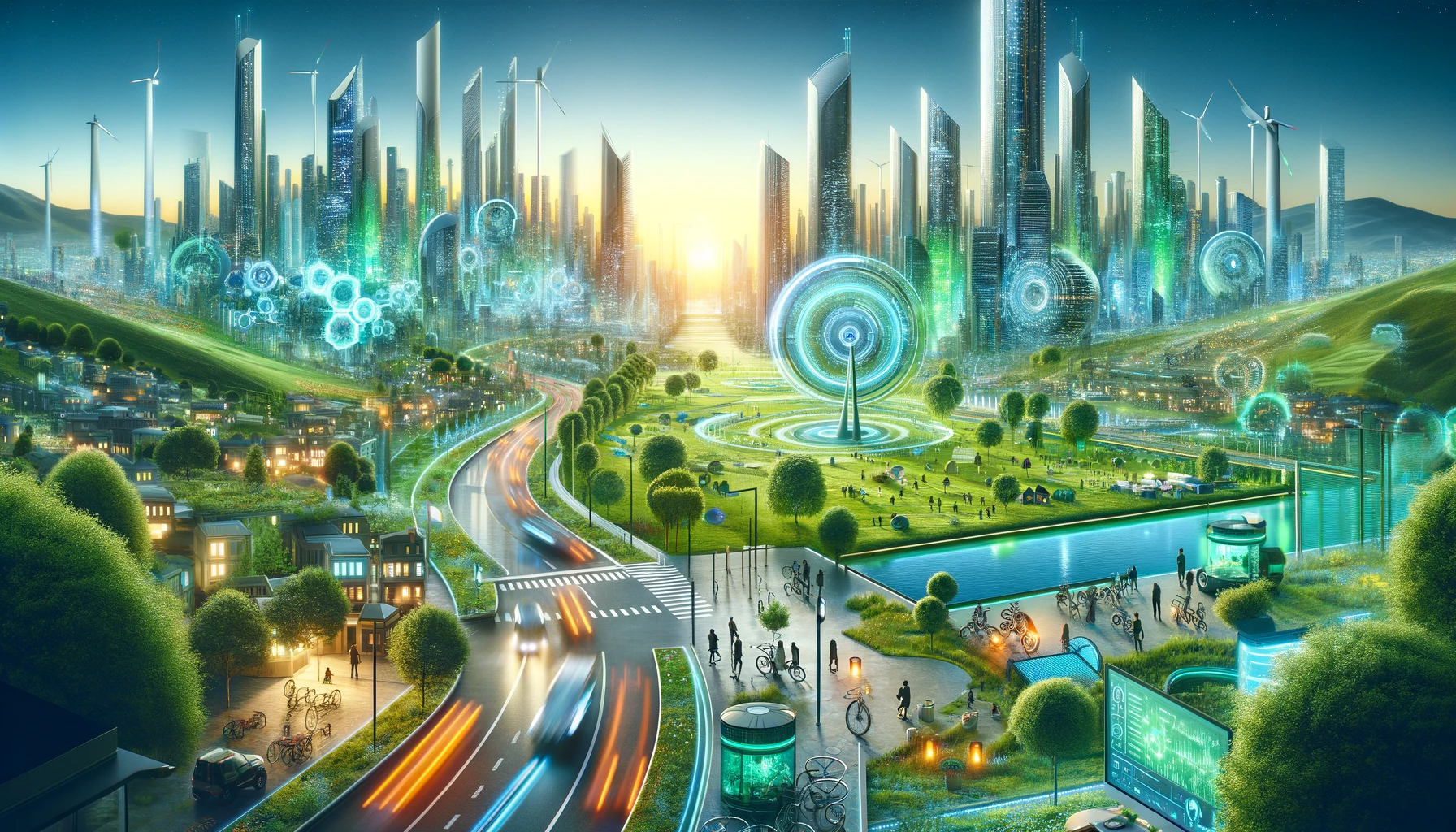In an era marked by rapid technological advancements and global challenges, the future trajectory of our planet is increasingly linked to sustainability. As climate change, pollution, and resource depletion issues come to the forefront, the importance of sustainable practices has skyrocketed. This article explores the transformative role sustainability will play in shaping tomorrow’s world.
1. Energy Transition The energy sector, which historically has relied heavily on fossil fuels, is undergoing a significant transformation. Recent studies indicate a robust shift towards renewable energy sources, such as solar, wind, and hydro, with projections suggesting that renewables will constitute over 50% of global energy by 20501. As countries around the world commit to reducing carbon emissions, this shift promises to redefine our energy landscape.
2. Sustainable Agriculture Modern agriculture, marked by monocultures and heavy chemical usage, faces criticism for its environmental impact. There’s a growing push towards agroecological methods, which prioritize biodiversity and soil health2. By 2040, we might see more widespread adoption of practices like vertical farming, permaculture, and organic farming, reshaping our food systems.
3. Circular Economy Instead of the traditional ‘take-make-dispose’ model, industries are gradually adopting a circular approach. This model emphasizes recycling, reusing, and reducing waste, ensuring that products and materials maintain their value as long as possible3. As consumer awareness grows, businesses that don’t embrace these practices risk obsolescence.
4. Green Urban Planning Cities, which house over half the global population4, are witnessing a surge in green urban planning. Incorporating green roofs, pedestrian-friendly zones, and efficient public transport systems are just a few of the strategies being employed to create more sustainable urban environments.
5. Technological Innovations From AI-powered energy grids to biodegradable plastics, technological advancements are playing a pivotal role in sustainability. Technologies like blockchain are enabling transparent and sustainable supply chains, ensuring that products are sourced and produced responsibly5.
Conclusion The future is unmistakably green. As sustainability becomes central to political, economic, and social agendas, it will play a defining role in shaping the world of tomorrow. For humanity to thrive, embracing these sustainable paradigms is not just desirable but essential.
References
- International Renewable Energy Agency (IREA). (2022). Global Renewables Outlook.
- Altieri, M. A., & Nicholls, C. I. (2017). Agroecology: A Briefing. ETC Group.
- Ellen MacArthur Foundation. (2020). Towards the Circular Economy.
- United Nations. (2018). 68% of the world population projected to live in urban areas by 2050. UN Department of Economic and Social Affairs. ↩
- Tapscott, D., & Tapscott, A. (2016). Blockchain Revolution. Penguin.


